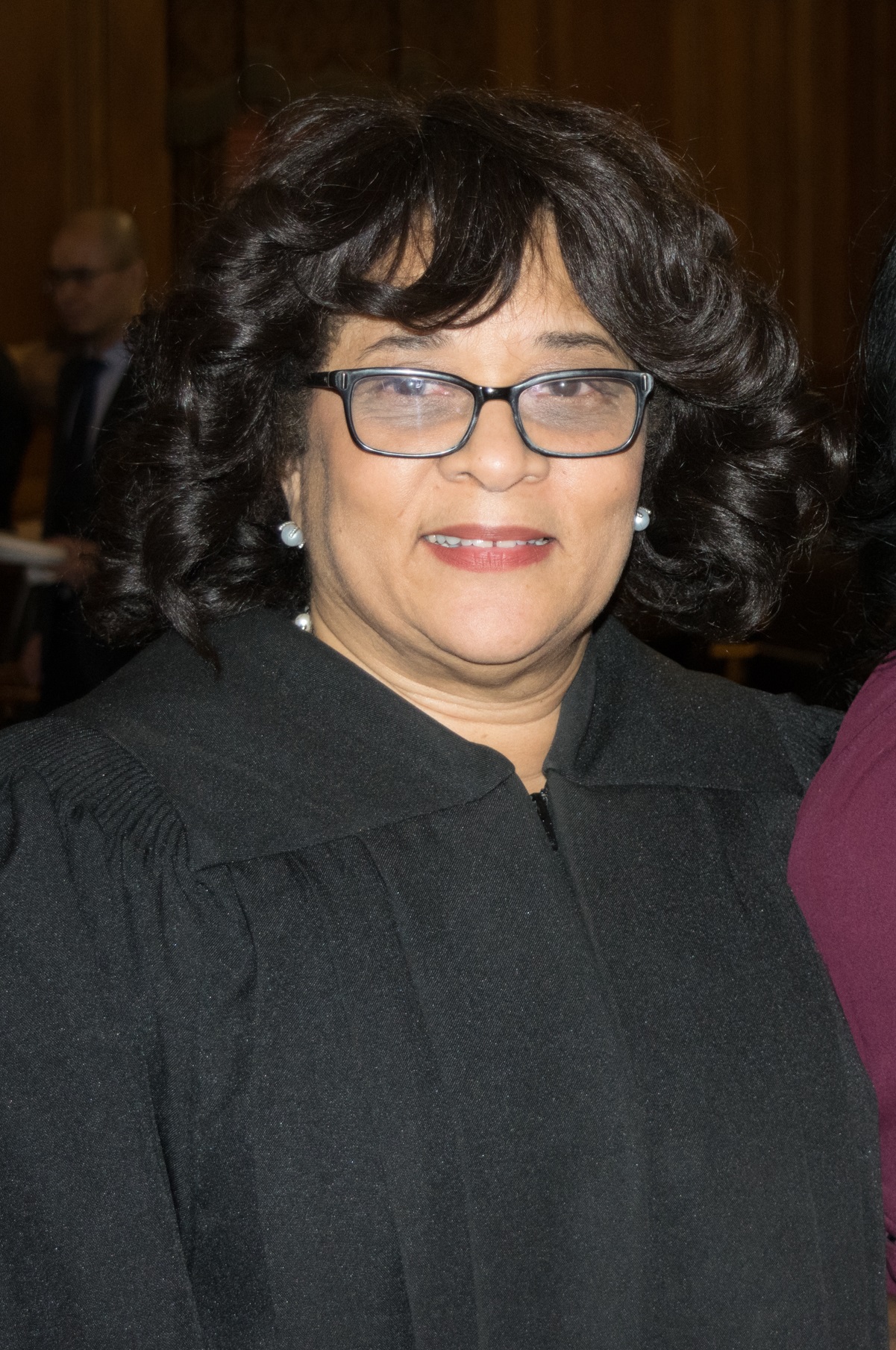A push for new strategies in diversity efforts after landmark Supreme Court ruling

Photo: Mario Belluomo/Brooklyn Eagle
The U.S. Supreme Court’s recent verdict on affirmative action has ignited a flurry of conversations and debates on how higher institutions can ensure diversity. Responding to the court’s landmark decision in the cases of Students for Fair Admissions, Inc. vs. Harvard College and University of North Carolina, the New York State Bar Association (NYSBA) has released recommendations suggesting that colleges and law schools rethink their current admissions strategies.
In its report, approved Wednesday by its Executive Committee, the NYSBA encouraged educational institutions to move beyond standardized tests and GPAs. Instead, they should emphasize on how prospective students align with an institution’s core goals and values. It further suggests the abolition of legacy admissions, which have been criticized for prioritizing athletes, donors, and alumni children, potentially at the expense of a more diverse student body.
The task force behind this report comprises a notable list of members, including former Homeland Security Secretary Jeh Johnson, ex-U.S. Attorney General Loretta Lynch and Brad Karp of Paul, Weiss. Justice Cheryl Chambers and Justice Lillian Wan, respected figures from the Appellate Division, Second Department, are also among the esteemed members.